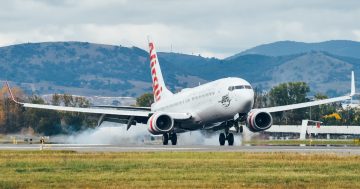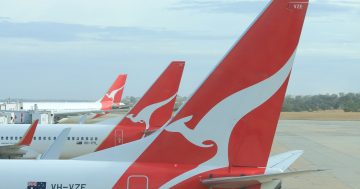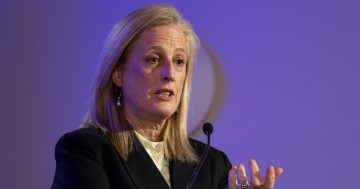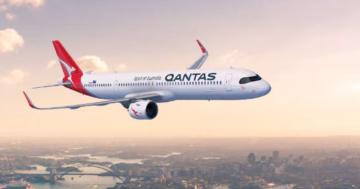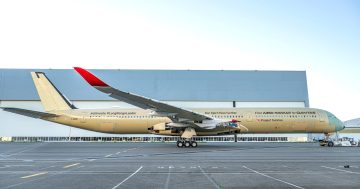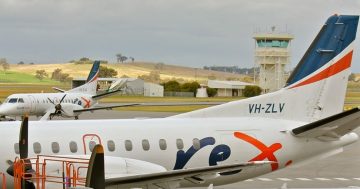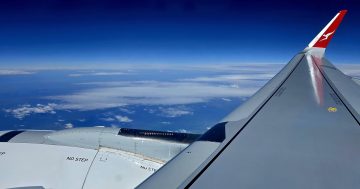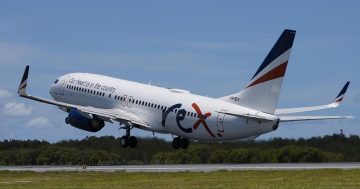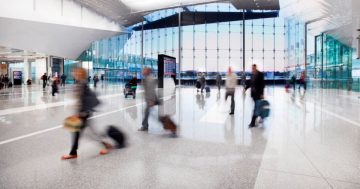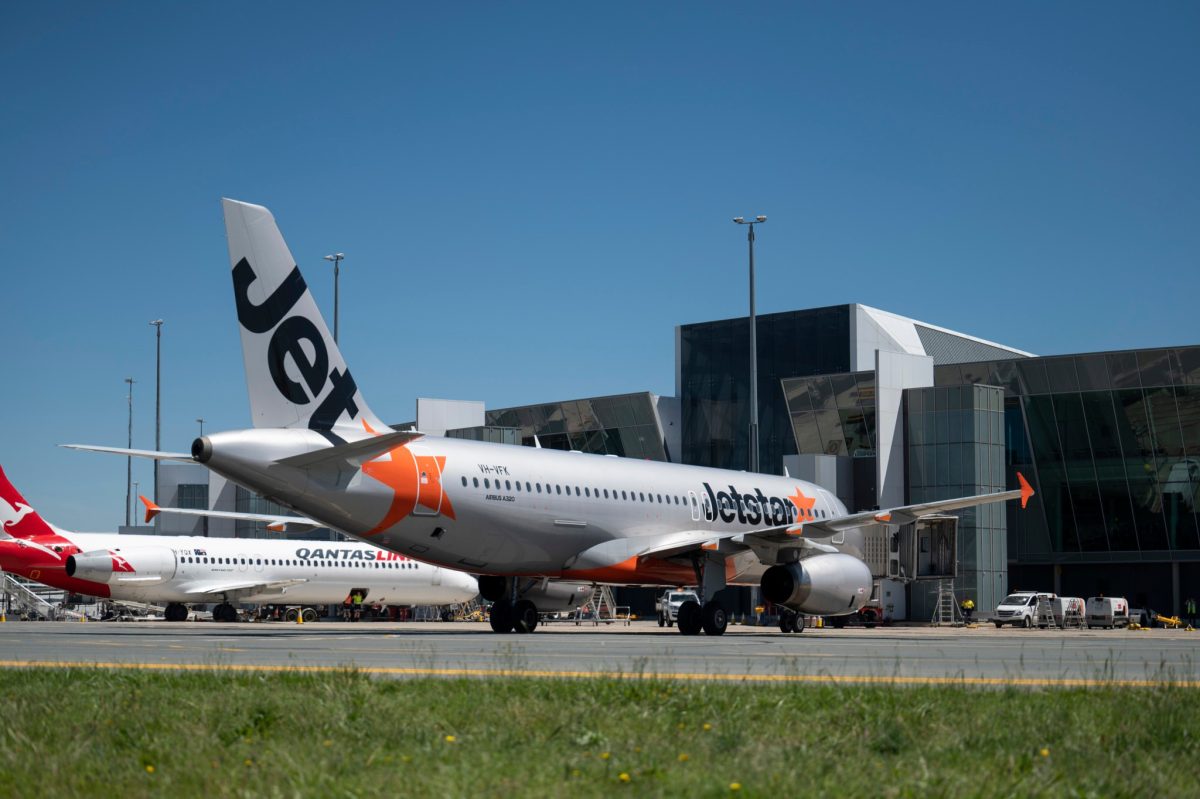
Qantas’ cancellation rate at 3.2 per cent was double that of Virgin at 1.6 per cent, while Qantas’s budget airline Jetstar had a cancellation rate of 1.1 per cent. Photo: Canberra Airport.
Should passengers be compensated when an airline cancels or delays their flights?
Plenty of frustrated travellers say ‘yes’ and the Federal Government wants to hear from them.
A consumer protection scheme will be introduced for airline travel and the government is asking for passengers to have their say on its design.
It will be an Australian first, aimed at ensuring greater accountability of airlines and airports.
Just what shape it takes and how compensation will be managed is still to be decided, which is why submissions and comments are invited from the public.
Transport Minister Catherine King said there are currently no national standards that determine what remedies passengers are entitled to receive in the event of delays or cancellations.
She wants that changed and is inviting passenger input to the consultation.
“We’ve heard the frustration Australian aviation passengers feel when dealing with airlines and airports,” Mr King said.
“When things go wrong, it can be hard to know what passengers can expect from airlines and airports, because the approach is different at every airport and with each airline.
“That’s why the Albanese Government is taking steps to clarify the obligations that airlines and airports have to passengers in the event of delays or cancellations under our Australian-first aviation consumer standards.
“This includes information requirements when you book a flight and check in, how you should be communicated with and minimum levels of assistance when a flight is disrupted, and how airlines and airports should manage complaints.
“But we also know government doesn’t have all the ideas, so we want to hear from you.
“We want to hear what your expectations are for air travel, so we can work with industry to set clear and enforceable standards for every Australian travelling by plane.”
The government’s starting point is that it believes passengers should be entitled to prompt re-bookings or refunds, and access to food and accommodation when travel plans are disrupted.
The proposed consumer protections will clarify airline obligations and the minimum level of assistance required when a scheduled flight is disrupted.
They will also be paired with an ombudsman scheme and a new regulator to ensure airlines and airports abide by the new minimum standards.
The aviation consumer ombudsman scheme will assist with eligible complaints that consumers have been unable to directly resolve with an airline or airport.
The minister said while the government hasn’t ruled out making airlines financially compensate Australian travellers for the inconvenience caused by cancelled and delayed flights, it would be weighed against several factors affecting passengers.
These include overall costs, passenger rights, and determining what constitutes a significant delay.
Currently, a significant delay is about two hours, but a more precise definition will be included in legislation.
“That could be something if you’re a business traveller, for example, maybe a 15 to 20-minute delay might be something that really means you miss a meeting,” she said.
“It can be holding the airlines and airports to account if your flight is delayed and you can’t get on another flight quickly, that you actually can get a prompt refund so you can make a decision about what you do next if your baggage goes missing.”
The Australian Competition and Consumer Commission reported recently that Qantas’ cancellation rate at 3.2 per cent was double that of Virgin at 1.6 per cent, while Qantas’s budget airline Jetstar had a cancellation rate of 1.1 per cent.
Qantas was fined $100 million in October last year for selling more than 82,000 tickets for flights the airline was planning to cancel.
The ACCC also found Qantas had excessively delayed notifying passengers of the flight cancellations.
Submissions to the public consultation are now open and will close on 5 October.
Submissions for questions relating to subordinate legislation will close on 26 October.


